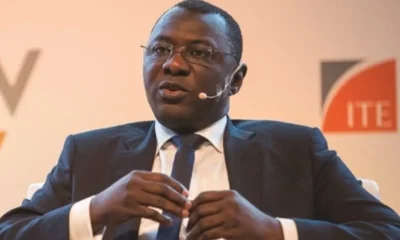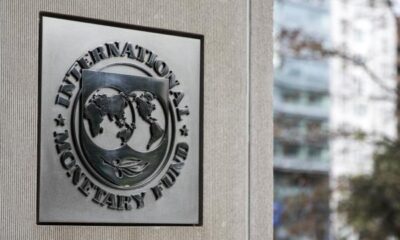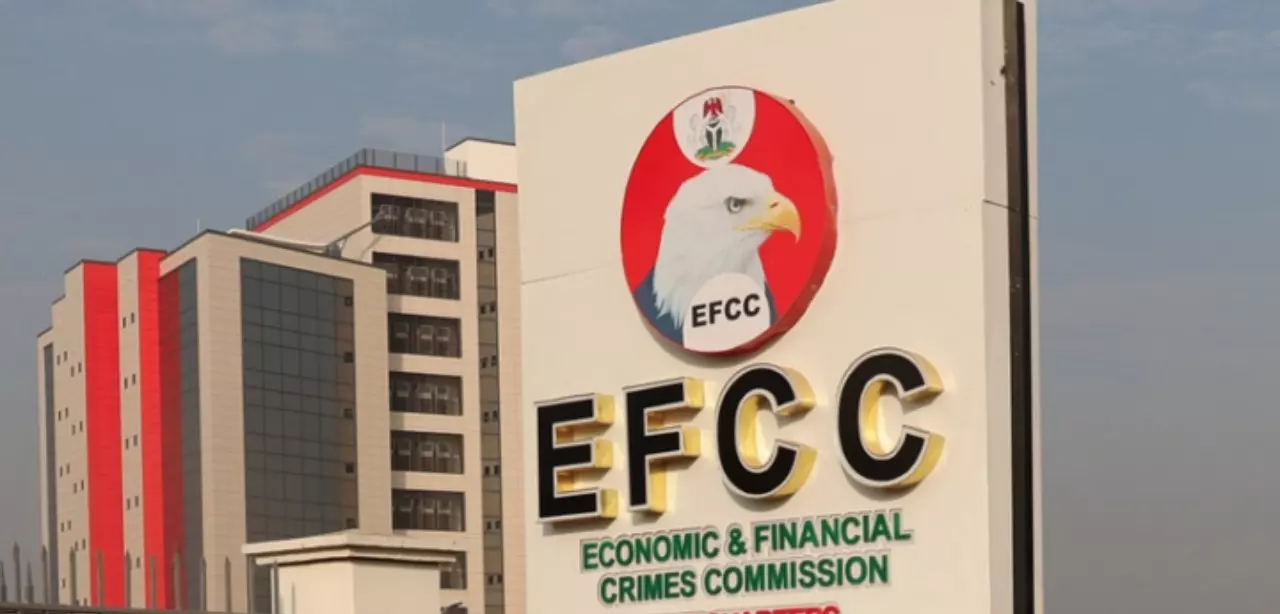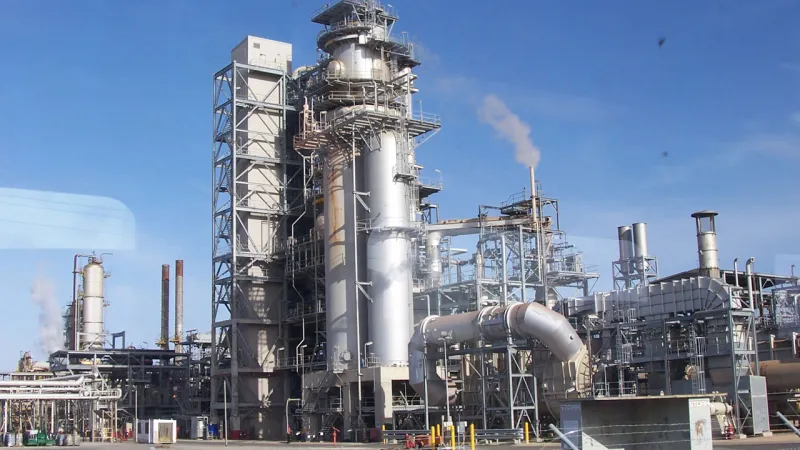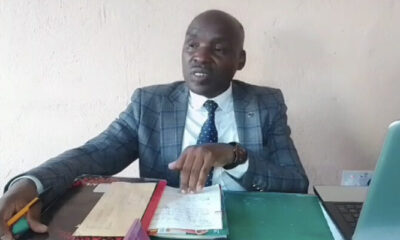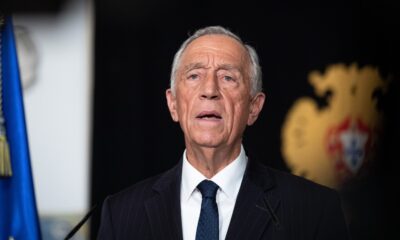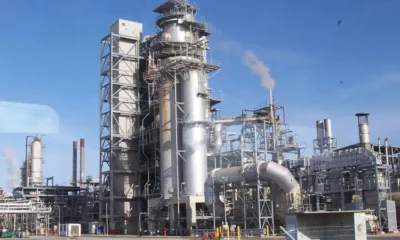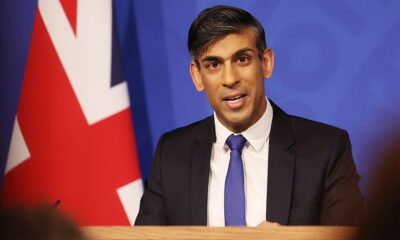Barely weeks after crashing the prices of diesel and aviation fuel by about 30% in the country, Nigeria’s private Dangote Petroleum Refinery has again announced a further reduction in the prices of the products.
According to a statement by the organization on Tuesday, both diesel and aviation fuel will now be sold at N940 and N980 per litre respectively from Africa’s largest refinery.
Dangote says the price change of N940 applies to customers buying five million litres and above from the refinery, while the price of N970 is for customers buying one million litres and above.
Speaking on the new development, the Head of Communication, Mr Anthony Chiejina, explained that the new price aligns with the company’s commitment to cushion the effect of economic hardship in Nigeria.
“I can confirm to you that Dangote Petroleum Refinery has entered a strategic partnership with MRS Oil and Gas stations, to ensure that consumers get to buy fuel at affordable prices, in all their stations be it Lagos or Maiduguri. You can buy as low as 1 litre of diesel at N1,050 and aviation fuel at N980 at all major airports where MRS operates.”
He further stated that the partnership would be extended to other major oil marketers. “The essence of this is to ensure that retail buyers do not buy at exorbitant prices.
“The Dangote Group is committed to ensuring that Nigerians have better welfare and as such, we are happy to announce these new prices and hope that it would go a long way to cushion the effect of economic challenges in the country.
Nigerian President Bola Tinubu had also commended Mr Dangote for the initial price reduction, describing it as an “enterprising feat.”
Reacting to the latest development, The Director General of the Manufacturers Association of Nigeria (MAN), Mr Ajayi Kadiri, who recently lamented the plight of manufacturers against the backdrop of rising prices of their products, stressing that automotive gas oil (AGO) gulped over 80℅ of manufacturers’ profit, noted that “the decision of Dangote Refinery to first crash the price from about N1,750/litre to N1,200/litre, N1,000/litre and now N940 is an eloquent demonstration of the capacity of local industries to positively impact the fortunes of the national economy.”
He added, “The trickledown effect of this singular intervention promises to change the dynamics in the energy cost equation of the country, in the midst of inadequate and rising cost of electricity.
“The reduction will have far-reaching effects in critical sectors like industrial operations, transportation, logistics, and agriculture, contributing to easing the high inflation rate in the country; a lot of companies will be back in operation.”
Following recent energy failure which has seen Nigeria suffer its worst blackout in decades, the cost of alternate energy has been a towering challenge for both industrial and private consumption, with the price of diesel being a lead factor being the most option for industrial purposes.
However, Nigerians are curios about the effect of the reduction as it appears the recent gain and strength of the local currency (Naira) and cut in the price of diesel both within the last three weeks has had little or no effect on the cost of living.


 Behind the News2 days ago
Behind the News2 days ago
 Culture19 hours ago
Culture19 hours ago
 Metro1 day ago
Metro1 day ago
 VenturesNow1 day ago
VenturesNow1 day ago



